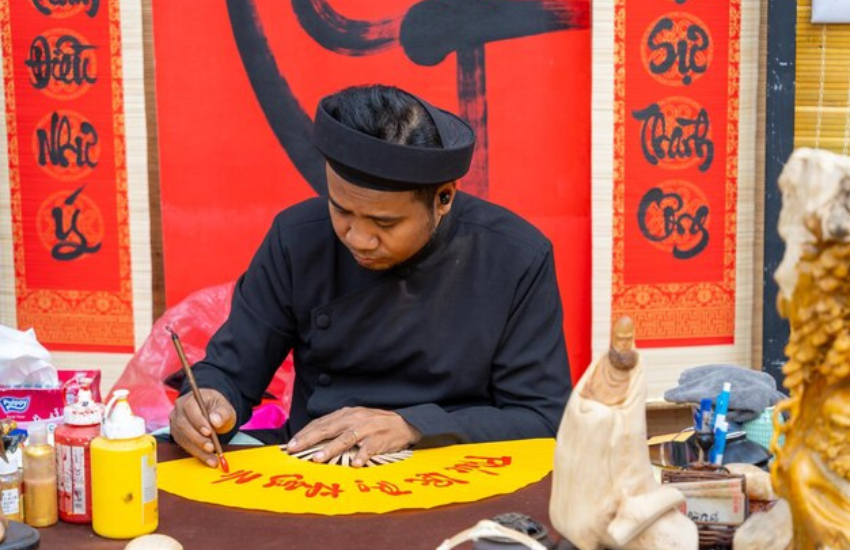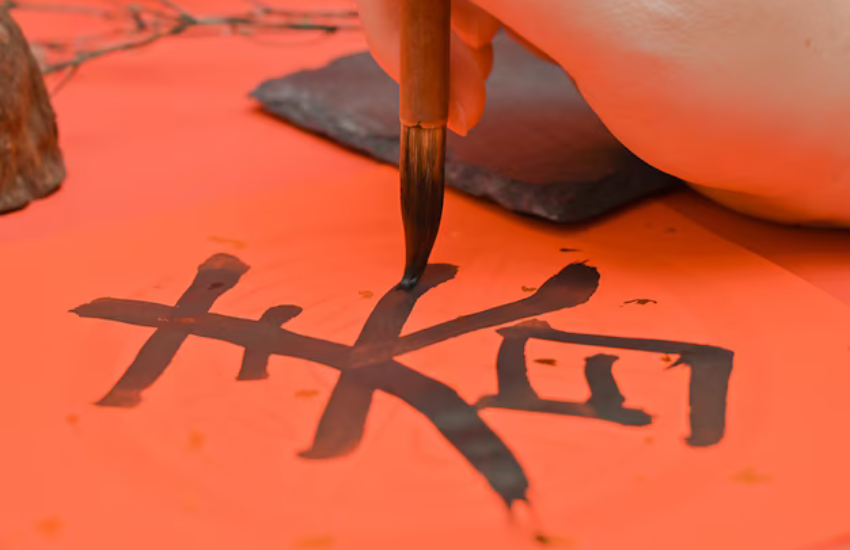The shii surname in sarawak chinese is an integral part of the Chinese community in Sarawak, Malaysia. This article explores the history, significance, and contemporary status of the Shii families within this diverse and vibrant region. The Chinese migration to Sarawak, primarily during the 19th and early 20th centuries, saw the establishment of numerous Chinese surnames, including Shii, which have since played a crucial role in the socio-economic fabric of the state.
Historical Context
Early Settlements in Sarawak
The early Chinese settlers arrived in Sarawak seeking better economic opportunities and escaping political turmoil in China. These pioneers contributed significantly to the development of the region, engaging in various trades such as mining, agriculture, and commerce.
The Role of the Chinese Community in Sarawak’s Development
The Chinese community, including those with the Shii surname, has been pivotal in shaping Sarawak’s economic landscape. Their involvement in industries like pepper cultivation, gold mining, and later, rubber and palm oil plantations, underscores their substantial impact.
Shii Surname in Chinese Culture
Significance of Surnames in Chinese Culture
In Chinese culture, surnames carry deep historical and familial significance. They are often associated with ancestral lineage and heritage, reflecting the familial and regional origins of individuals.
Variations and Pronunciations of Shii
The Shii surname may have various spellings and pronunciations depending on the dialect and romanization system used. Common variations include Shi, Si, and See, each maintaining the core heritage of the surname.
Migration Patterns
Reasons for Migration to Sarawak
Economic hardship, political instability, and the allure of better opportunities prompted many Chinese, including Shii families, to migrate to Sarawak. The region’s burgeoning economy and relative stability were significant pull factors.
Key Historical Events Affecting Migration
Events such as the Taiping Rebellion and the advent of British colonial rule in Sarawak influenced migration patterns, leading to increased Chinese settlement in the region.

Shii Family Contributions
Economic Contributions
Shii families have been instrumental in various sectors, notably in commerce and agriculture. Their entrepreneurial spirit has fostered significant economic growth within Sarawak.
Social and Cultural Contributions
Beyond economics, Shii families have enriched Sarawak’s social and cultural landscape. They have actively participated in cultural festivals, community organizations, and philanthropic activities.
Prominent Figures with Shii Surname
Historical Figures
Historical records highlight several notable individuals with the Shii surname who contributed to the development and governance of their communities.
Contemporary Influencers
Today, members of the Shii family continue to excel in various fields, including business, academia, and public service, maintaining their legacy of influence and contribution.
Shii Surname and Clan Associations
Role of Clan Associations in Chinese Communities
Clan associations play a vital role in preserving cultural heritage, providing social support, and fostering a sense of community among members sharing the same surname.
Shii Clan Associations in Sarawak
In Sarawak, Shii clan associations have been established to support and unite members, organizing cultural events and offering assistance to those in need.
Genealogy and Family Trees
Methods of Tracing Ancestry
Genealogical research, including oral histories, family records, and DNA testing, helps trace the lineage and history of Shii families in Sarawak.
Notable Shii Family Trees in Sarawak
Several Shii family trees in Sarawak are well-documented, showcasing rich histories and extensive familial connections.
Cultural Practices and Traditions
Traditional Practices Maintained by the Shii Families
Shii families in Sarawak maintain various traditional practices, including ancestral worship, Chinese New Year celebrations, and other cultural rituals.
Festivals and Celebrations
Participation in local and traditional festivals, such as the Dragon Boat Festival and Mid-Autumn Festival, reflects the cultural integration and preservation efforts of the Shii community.
Intermarriage and Integration
Patterns of Intermarriage
Intermarriage between Shii families and other ethnic groups in Sarawak is common, reflecting broader trends of cultural integration and social cohesion.
Integration with Other Ethnic Groups
Shii families have integrated well with other communities in Sarawak, contributing to the region’s multicultural tapestry.
Modern-Day Shii Families
Current Demographics
Today, Shii families in Sarawak represent a dynamic demographic, involved in various sectors and contributing to the state’s continued growth and diversity.
Contemporary Issues and Challenges
Modern challenges faced by Shii families include maintaining cultural identity amidst globalization and navigating socio-economic changes.
Economic Impact
Shii Families in Business
Shii entrepreneurs are prominent in various industries, from retail to manufacturing, highlighting their significant economic contributions.
Influence on Sarawak’s Economy
The business acumen and industrious nature of Shii families have helped shape Sarawak’s economic landscape, driving innovation and growth.
Educational Achievements
Contributions to Education
Shii families place a high value on education, with many members excelling academically and contributing to educational advancements in Sarawak.
Notable Scholars and Academics
Prominent scholars and academics from Shii families have made significant contributions to their fields, enhancing the community’s reputation for educational excellence.

Cultural Preservation Efforts
Preservation of Language and Traditions
Efforts to preserve the Chinese language and cultural traditions are evident among Shii families, ensuring that their heritage remains vibrant for future generations.
Community Organizations and Initiatives
Various community organizations and initiatives spearheaded by Shii families focus on cultural preservation, education, and social welfare.
Future of the Shii Surname in Sarawak
Prospects and Challenges
The future of the Shii surname in Sarawak looks promising, though challenges such as cultural assimilation and economic shifts must be navigated.
Role of the Younger Generation
The younger generation of Shii families plays a crucial role in continuing the legacy of their ancestors, balancing modernity with tradition.
Frequently Asked Questions (FAQs)
1. What is the origin of the Shii surname?
The Shii surname has its origins in China and is part of the rich tapestry of Chinese surnames with historical and cultural significance.
2. How did the Shii families contribute to Sarawak’s development?
Shii families contributed significantly to Sarawak’s development through their involvement in commerce, agriculture, and community building.
3. Are there any notable figures with the Shii surname in Sarawak?
Yes, there are several notable figures with the Shii surname who have made significant contributions in various fields, including business, academia, and public service.
4. How do Shii families preserve their cultural heritage in Sarawak?
Shii families preserve their cultural heritage through participation in traditional practices, festivals, clan associations, and educational initiatives.
5. What challenges do modern Shii families face in Sarawak?
Modern Shii families face challenges such as maintaining cultural identity amidst globalization and adapting to socio-economic changes.
6. How do Shii families integrate with other ethnic groups in Sarawak?
Shii families integrate well with other ethnic groups through intermarriage, cultural exchanges, and active participation in the broader community.


